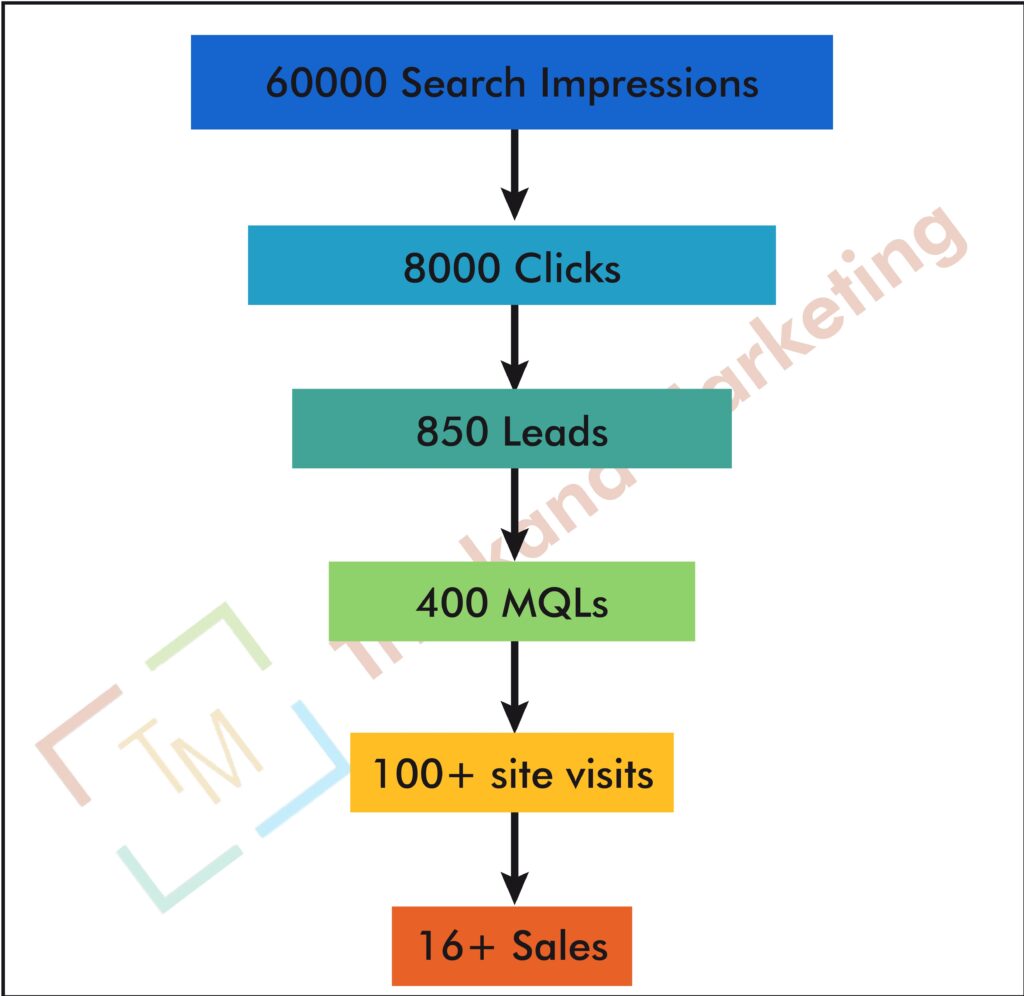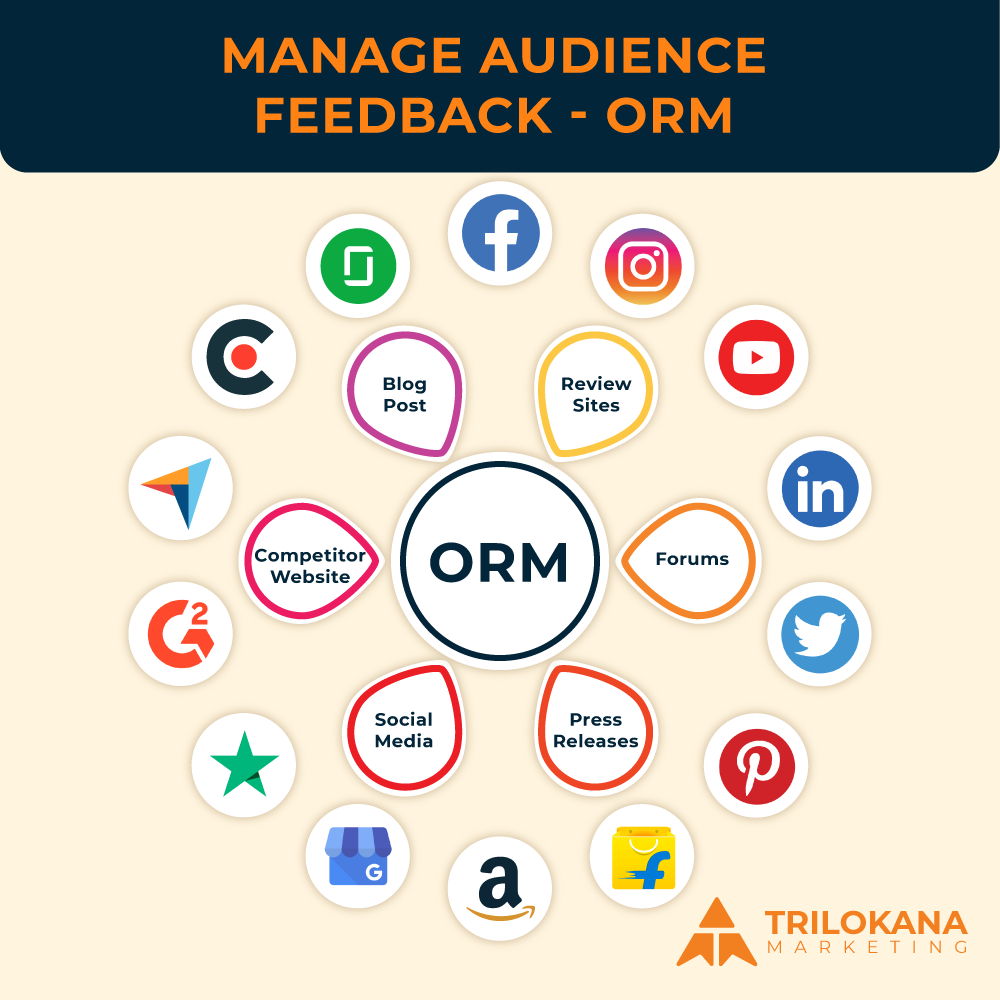Introduction
The marketing landscape is experiencing a seismic shift, with Artificial Intelligence (AI) emerging as a powerful tool for crafting smarter, more effective campaigns. As consumer expectations evolve and competition intensifies, businesses are increasingly turning to AI-driven marketing strategies to gain a competitive edge. AI not only streamlines processes but also provides deep insights that drive personalized, data-driven campaigns, leading to higher engagement and better ROI.
This article delves into how AI is transforming marketing campaigns, offering practical insights and strategies for businesses to leverage AI for smarter marketing in 2024 and beyond.
- The Role of AI in Modern Marketing Campaigns
1.1 Understanding AI in Marketing
AI in marketing refers to the use of artificial intelligence technologies, such as machine learning, natural language processing, and predictive analytics, to automate and optimize marketing efforts. AI enables marketers to analyze vast amounts of data, predict outcomes, and create highly personalized experiences, thereby enhancing the effectiveness of campaigns.
1.2 The Evolution of Marketing Campaigns
Marketing campaigns have evolved from one-size-fits-all approaches to highly personalized and data-driven strategies. AI plays a pivotal role in this evolution, allowing marketers to segment audiences more accurately, predict consumer behavior, and deliver tailored messages at the right time.
Image Suggestion:
- A timeline graphic illustrating the evolution of marketing campaigns from traditional methods to AI-driven strategies, highlighting key technological advancements.
- Data-Driven Decision Making with AI
2.1 Harnessing Big Data for Smarter Campaigns
AI excels at processing and analyzing big data, which is crucial for crafting smarter marketing campaigns. By leveraging AI, businesses can gain insights into consumer behavior, preferences, and trends, enabling them to make informed decisions that drive campaign success.
2.2 Predictive Analytics for Campaign Optimization
Predictive analytics, powered by AI, allows marketers to forecast the outcomes of campaigns before they launch. By analyzing historical data and identifying patterns, AI can predict consumer responses, helping businesses optimize their strategies for maximum impact.
Image Suggestion:
- An infographic showing the process of how AI analyzes big data to provide actionable insights, from data collection to predictive analysis and campaign optimization.
- Personalization at Scale with AI
3.1 Creating Hyper-Personalized Campaigns
One of the most significant advantages of AI in marketing is its ability to create hyper-personalized campaigns. AI can analyze individual consumer data to deliver personalized messages, offers, and content that resonate with each customer, leading to higher engagement and conversion rates.
3.2 Dynamic Content Generation
AI-driven tools can automatically generate dynamic content that adapts to the preferences and behavior of individual users. This means that marketers can deliver personalized experiences at scale, ensuring that every interaction feels relevant and tailored to the consumer.
Image Suggestion:
- A visual example of a personalized email campaign created using AI, showing how content dynamically changes based on user preferences and behaviors.
- AI-Powered Campaign Automation
4.1 Streamlining Marketing Processes
AI significantly streamlines marketing processes by automating repetitive tasks such as email marketing, social media posting, and ad placement. This automation not only saves time but also ensures that campaigns are executed with precision and consistency.
4.2 Real-Time Campaign Adjustments
AI enables real-time adjustments to marketing campaigns based on live data. For example, if a particular ad isn’t performing well, AI can automatically tweak the content, target audience, or bidding strategy to improve results, ensuring that campaigns remain effective throughout their run.
Image Suggestion:
- A dashboard view of an AI-powered marketing automation tool, showing real-time adjustments being made to a campaign based on performance data.
- Enhancing Customer Engagement with AI
5.1 AI-Driven Customer Segmentation
AI enhances customer segmentation by analyzing data beyond traditional demographics, including online behavior, purchasing habits, and engagement history. This allows marketers to target more specific and relevant audience segments, leading to higher engagement and conversion rates.
5.2 Predictive Engagement Strategies
By predicting customer behavior, AI can help marketers develop engagement strategies that anticipate consumer needs and desires. For example, AI can identify when a customer is likely to make a purchase and trigger personalized offers or content at the optimal moment.
Image Suggestion:
- A diagram showing how AI segments customers based on various data points and how these segments receive tailored marketing messages.
- AI in Multichannel Marketing Campaigns
6.1 Coordinating Campaigns Across Multiple Channels
AI enables seamless coordination of marketing campaigns across multiple channels, including social media, email, and paid ads. AI tools can track consumer interactions across these channels, ensuring a consistent and cohesive brand message that adapts to the preferences of the audience.
6.2 Optimizing Channel-Specific Strategies
AI helps marketers optimize their strategies for each channel by analyzing performance metrics and consumer behavior. For example, AI can determine the best time to post on social media or the optimal email send time, ensuring maximum reach and engagement.
Image Suggestion:
- A flowchart depicting a multichannel marketing campaign managed by AI, showing how content and messaging are tailored for each channel.
- AI-Driven Content Creation
7.1 Automating Content Production
AI tools are increasingly being used to automate content production, including blog posts, social media updates, and video scripts. These tools can generate content that is not only relevant and engaging but also optimized for SEO, saving time and resources for marketing teams.
7.2 Enhancing Creativity with AI Insights
While AI can automate content creation, it also enhances human creativity by providing data-driven insights and suggestions. Marketers can use AI to identify trending topics, optimize messaging, and craft content that resonates with their target audience.
Image Suggestion:
- A screenshot of an AI content generation tool, highlighting its capabilities to create SEO-optimized blog posts and social media content.
- Measuring Campaign Success with AI
8.1 AI in Campaign Performance Analysis
AI simplifies the process of measuring campaign success by automating performance analysis. AI tools can track key metrics such as conversion rates, engagement, and ROI, providing real-time insights into what’s working and what needs improvement.
8.2 A/B Testing and Optimization
AI enhances A/B testing by quickly analyzing the results of different campaign variations and identifying the most effective options. This allows marketers to optimize campaigns on the fly, ensuring that they achieve the best possible outcomes.
Image Suggestion:
- A graph or dashboard showing the results of an AI-powered A/B test, comparing the performance of different campaign variations.
- Case Studies: AI-Driven Marketing Success
9.1 Case Study 1: AI in E-Commerce Marketing
Explore how an e-commerce company used AI to optimize its marketing campaigns, resulting in a significant increase in customer engagement and sales. The case study could focus on the use of AI for personalized product recommendations, dynamic pricing, and targeted ads.
An e-commerce company effectively utilized AI to optimize its marketing campaigns, resulting in a notable increase in customer engagement and sales. AI-driven personalized product recommendations analyzed user behavior, purchase history, and browsing patterns to offer tailored suggestions, enhancing the shopping experience and boosting conversion rates.
The company also implemented AI for dynamic pricing, adjusting prices in real-time based on factors like demand, market trends, and competitor pricing. This adaptive approach helped maximize revenue while remaining competitive in the market.
Additionally, AI-powered targeted ads used sophisticated algorithms to identify and reach the most relevant audience segments. By analyzing data such as user demographics and previous interactions, the company delivered highly relevant ads, improving click-through rates and customer acquisition.
Together, these AI-driven strategies not only optimized marketing efforts but also led to a significant increase in customer engagement and sales, demonstrating the transformative power of AI in e-commerce.
9.2 Case Study 2: AI in Content Marketing
Discuss how a content-driven brand leveraged AI to enhance its marketing campaigns, leading to higher audience retention and improved content performance. This could include the use of AI for content creation, SEO optimization, and audience segmentation.
A content-driven brand leveraged AI to enhance its marketing campaigns, resulting in higher audience retention and improved content performance. By utilizing AI for content creation, the brand automated the generation of engaging articles, social media posts, and personalized content. This ensured a steady stream of relevant material tailored to audience interests.
AI was also employed for SEO optimization, where it analyzed search trends, keywords, and competitor strategies to refine content strategies and improve search engine rankings. This enhanced visibility and drove more organic traffic to the brand’s digital platforms.
Additionally, AI-powered audience segmentation enabled the brand to categorize its audience based on behavior, preferences, and engagement levels. This allowed for targeted marketing campaigns and personalized content delivery, increasing relevancy and connection with the audience.
These AI-driven enhancements led to more effective marketing campaigns, resulting in higher audience retention and stronger content performance.
Image Suggestion:
- Before-and-after visuals showing the impact of AI-driven marketing campaigns on key performance indicators (KPIs) such as engagement, conversion rates, and revenue.
- Preparing for the Future of AI-Driven Marketing
10.1 Emerging AI Technologies in Marketing
As AI continues to evolve, new technologies such as voice search optimization, augmented reality (AR) in ads, and AI-driven video content creation are expected to further revolutionize marketing campaigns. These innovations will offer more immersive and interactive experiences for consumers.
10.2 Staying Competitive in the AI Era
To stay competitive, businesses must continuously adapt to the latest AI advancements and integrate them into their marketing strategies. By embracing AI, companies can ensure that their marketing campaigns are smarter, more efficient, and more effective in engaging today’s digitally-savvy consumers.
Image Suggestion:
- A futuristic image showcasing potential AI-driven marketing tools, such as AR-enhanced ads or voice-activated marketing campaigns.
Conclusion
AI is revolutionizing the way businesses approach marketing campaigns, offering powerful tools for creating smarter, more effective strategies. By leveraging AI, businesses can enhance personalization, automate processes, optimize content, and measure success with greater accuracy. As AI technology continues to advance, the possibilities for smarter marketing campaigns are endless.
Incorporating AI into your marketing strategy is no longer optional—it’s essential for staying competitive in today’s fast-paced digital landscape. By understanding and leveraging the power of AI, businesses can create campaigns that not only meet but exceed consumer expectations, driving long-term success and growth.
Final Image Suggestion:
- A collage of AI applications in marketing, showcasing different aspects such as data analytics, personalization, automation, and content creation.
This comprehensive article provides an in-depth exploration of how AI can be leveraged for smarter marketing campaigns, offering practical insights, real-world examples, and visual suggestions to help businesses integrate AI into their marketing strategies effectively.



